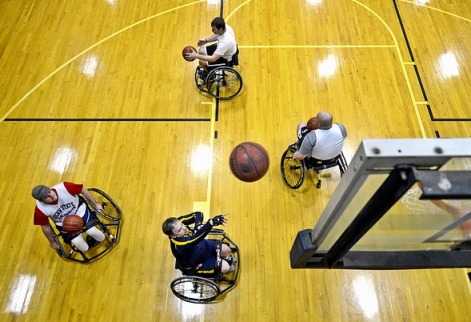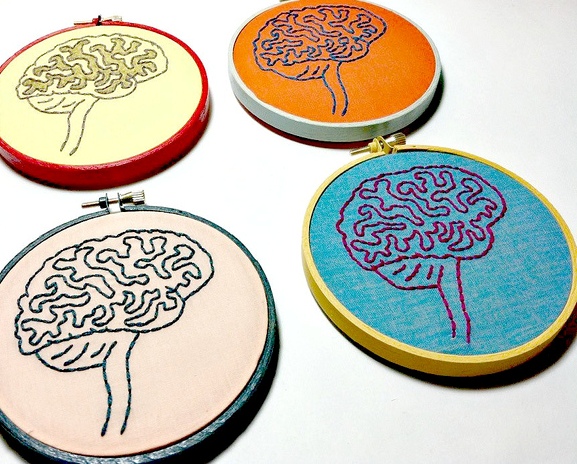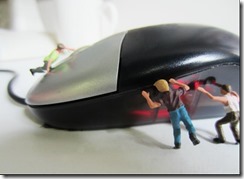Where Angels Fear to Tread: Impulsivity after Brain Injury
A simple definition of impulsivity after brain injury: Talking or acting without thinking. For a fun kind of explanation the cartoon above might help. A reminder of the impact of acting without thinking. For more detail and suggested strategies read on. What Is Impulsivity After Brain Injury? As the cartoon above demonstrates impulsive actions are those made without taking into account possible problems, and not thinking about possible consequences. While we can all be impulsive at times, impulsivity after brain injury is caused by damage to the brain, specifically the frontal lobe and it does not just go away. The mechanisms that control our ability to stop and consider, and to filter what we pay attention to, are damaged. It is important to remember the impulsive behaviour you see, is related to the damage to the brain [unordered_list style="green-dot"] it is not deliberate it may not be apparent to the person themselves it is unlikely to go away it can fluctuate,…









